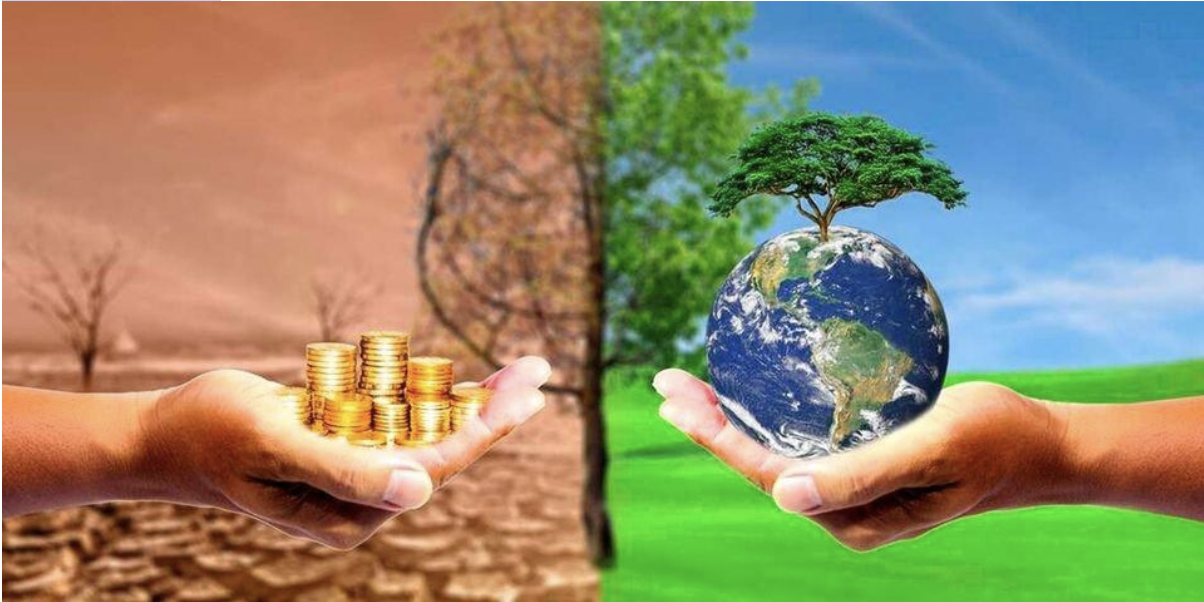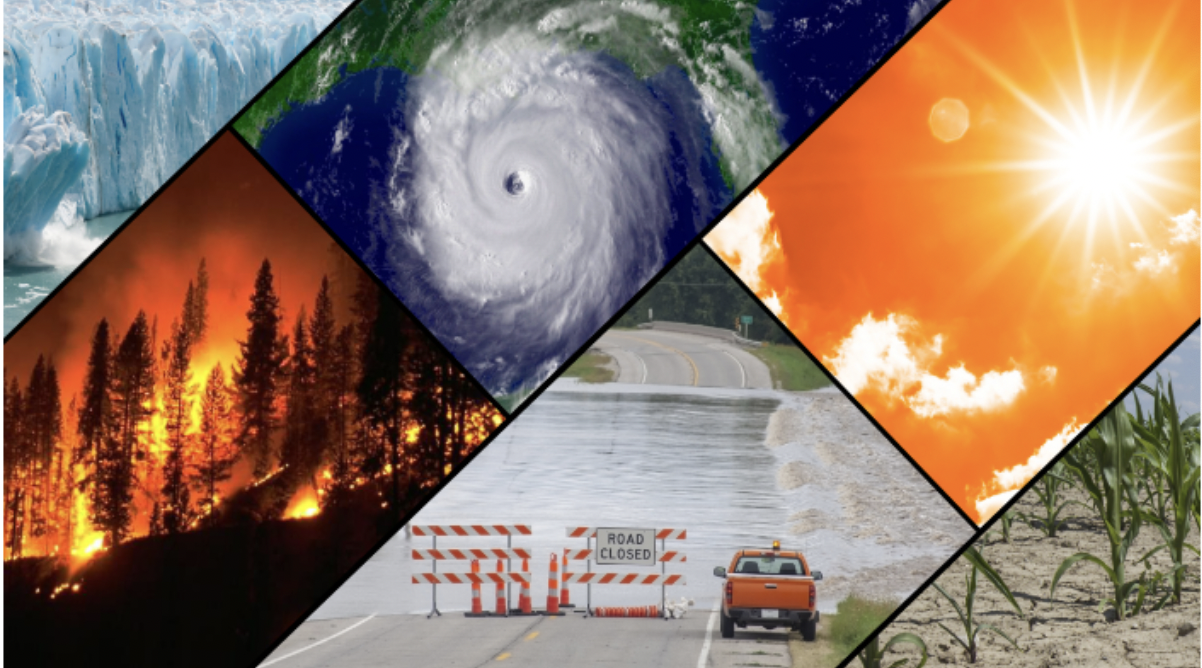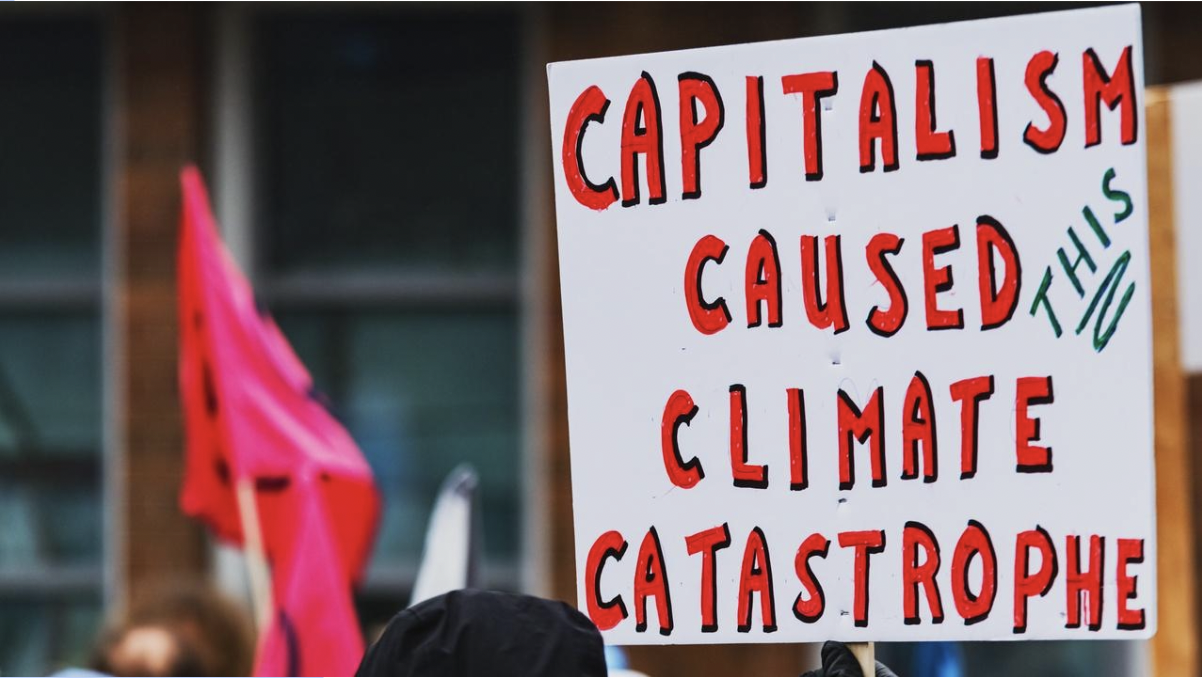PROFIT AND OUR PLANET: AT WHAT COST?
Global warming; we have all heard about it at least once in our lifetime. It is a phenomenon where our planet’s temperature rises as a result of concentrations of greenhouse gases in the atmosphere (Mann & Henrik, 2022). Accompanying global warming, we also have climate change, which is its by-product. Although we sometimes receive reports of them through the news or other forms of media, the reality of these phenomena is not made aware to most people.
Source: Shutterstock
The burning of fossil fuels results in the accumulation of greenhouse gases, increasing the earth’s temperature. Subsequently, this will jumpstart a feedback loop where glaciers will melt due to higher temperatures, releasing more greenhouse gases trapped in them (The Climate Reality Project, 2020). At the time of writing, a report by the Intergovernmental Panel on Climate Change (IPCC) in 2021 shows us that both global warming and climate change have reached a critical point where the majority of their effects are irreversible, even if all of us stopped producing carbon emissions right now. A more recent IPCC report in 2022 revealed chilling predictions on what is in store for us in the near future. Near-term risks include multiple climate hazards, loss of biodiversity in forest ecosystems, and loss of coastal settlements as well as infrastructures, to name a few. Long-term risks, on the other hand, are far more catastrophic. For instance, the high-risk extinction of many terrestrial species, loss of marine biodiversity, increased frequency of severe floods, droughts, and heatwaves, billions at risk of health issues, and one of the most frightening of them all, limited water availability.
Source: National Ocean and Atmospheric Administration (NOAA)
Not all is lost; we can minimize after effect of these phenomena. To mitigate the risks of climate fallout and for the continuation of the human species, we must create massive changes along with re-structurization. However, we have one thing stopping us from achieving them, capitalism. It is an economic system emphasizing private ownership and the free market (Sternberg, 2015). Capitalism’s primary motivation is profit, which aims for greater revenue and lower expenses as time goes on. It, as a system, is contradictory for any kind of long-term planning. Demanding greater profit each year and infinite growth while existing on a planet with finite resources will only lead to the collapse of our ecosystem. We cannot count on this suicidal ideology to fix the problem because the sickness is the system itself. We need to transition from capitalism as soon as possible and move on to a more sustainable system. A system not based on profit but on the well-being of species and the environment. A system where decisions are not made by a small, wealthy minority but the majority of the population. Let us establish a world where we can live in harmony with each other and mother nature.
Source: The Irish Times
References
IPCC. (2021). Climate Change 2021: The Physical Science Basis. Summary for Policymakers.
IPCC. (2022). Climate Change 2022: Impacts, Adaptation, and Vulnerability. Summary for Policymakers.
Mann, M. E., & Henrik, S. (2022, August 23). Global Warming. Retrieved October 2, 2022, from Encyclopedia Britannica: https://www.britannica.com/science/global-warming
Sternberg, E. (2015). Defining Capitalism. Economic Affairs, Volume 35, Number 3, 380-396.
The Climate Reality Project. (2020, January 7). How Feedback Loops Are Making The Climate Crisis Worse. Retrieved from The Climate Reality Project: https://www.climaterealityproject.org/blog/how-feedback-loops-are-making-climate-crisis-worse




